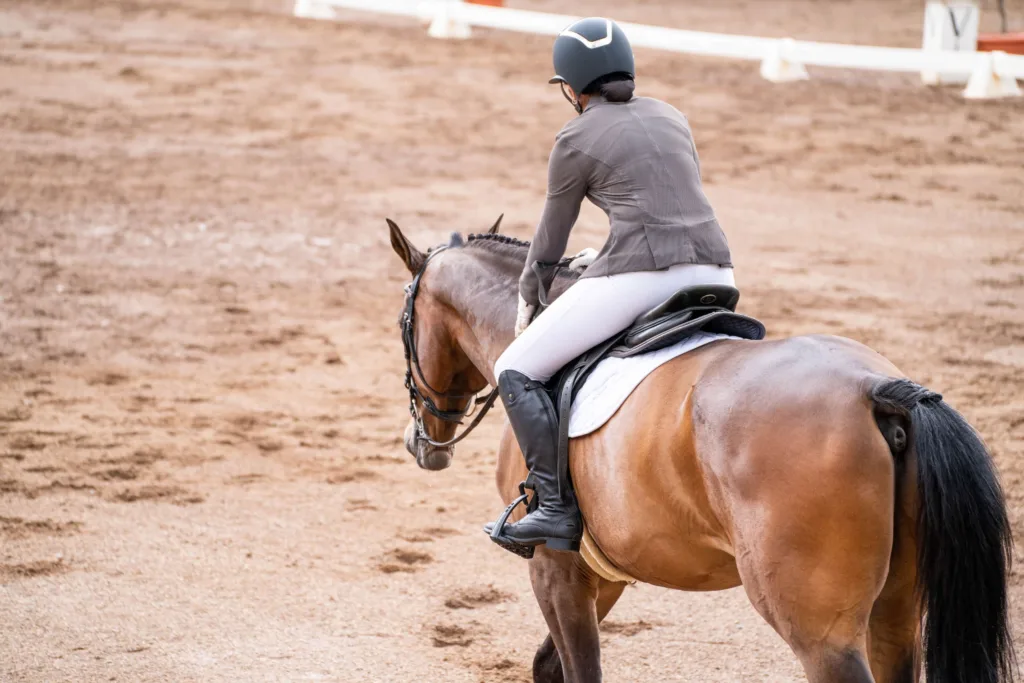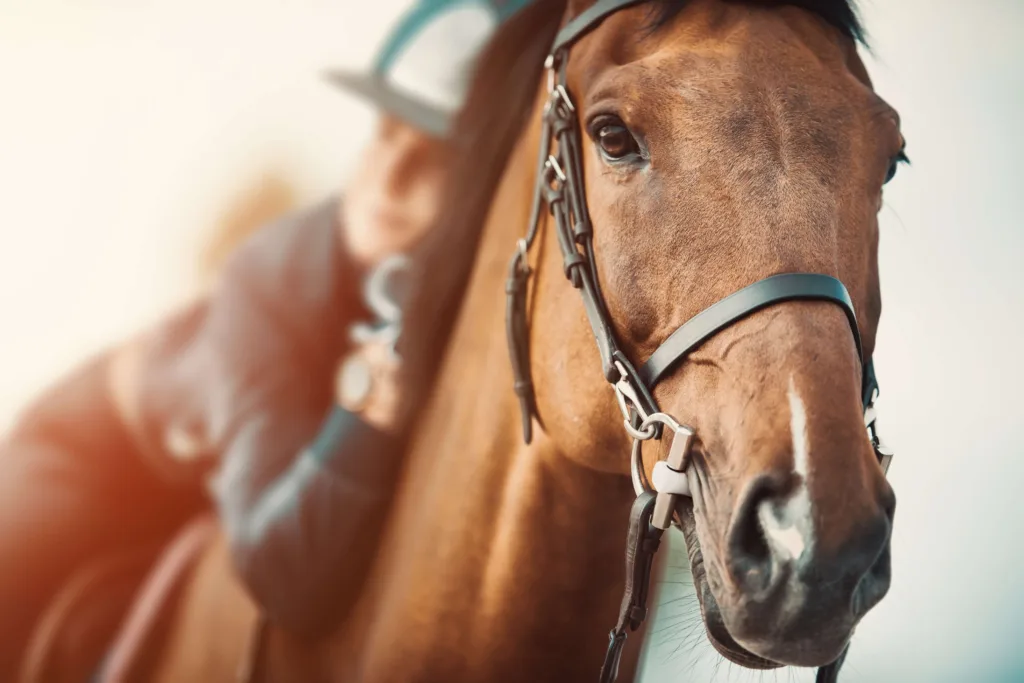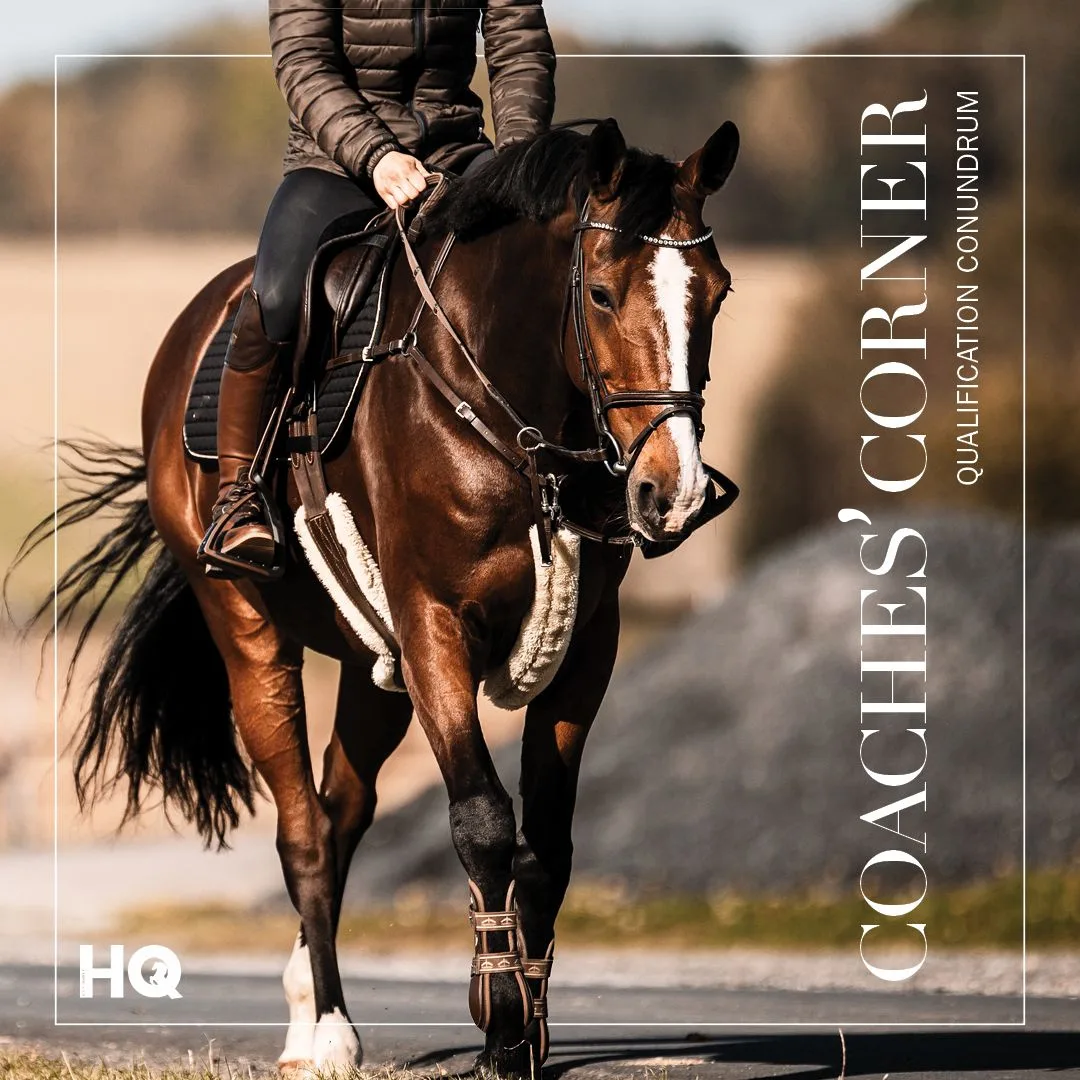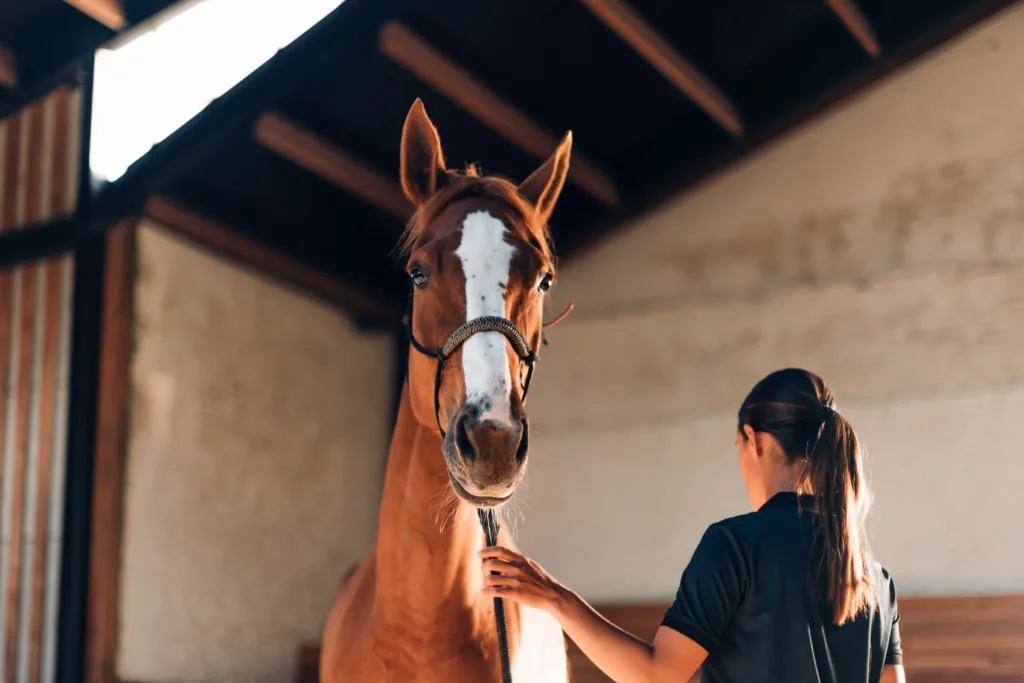Text: Amelia Campbell-Horne
The equestrian coaching set-up in South Africa is relatively unique compared to the rest of the Western world, where most coaching research has been conducted and incorporated into coaching qualification pathways that have been in place for decades.
In the United Kingdom, for example, there are three key pathways one can take to become a qualified coach: the British Horse Society (BHS) Equine Excellence pathway, the Riding for the Disabled Association (RDA) Coaches pathway or the Equestrian Coaching Certificate pathway (UKCC). These qualifications primarily ensure that coaches’ knowledge and practice meet the proper standard to ensure pupils and horses remain safe, which, considering how dangerous our sport can be, is imperative. Coaches also need to maintain their coaching ‘compliance’ in the UK; this means that coaches must ensure they have up-to-date First Aid and Safe Guarding qualifications and have undergone a Criminal Records Check (for safeguarding purposes).

Did you know?
According to British Equestrian, the term ‘coaching’ refers to teaching, instructing, training and all methods of improving a rider or horse/rider partnership.
South Africa
In South Africa, there is generally more confusion around the coaching pathways available. The most prominent pathway is the Equestrian Qualification Authority of South Africa (EQASA) pathway, which evolved from the SA National Equestrian Federation’s National Instructors Plan (SANIP) and offers a path of seven modules addressing all equine and equestrian educational needs. However, one needs to progress past Module 4 to be considered an Assistant Instructor, and Modules 5-7 represent international levels of coaching (i.e. equivalent to the UK), at which stage individuals become fully fledged coaches endorsed by the SAEF (South African National Federation).
EQASA is also a member of the International Group of Equestrian Qualifications (IGEQ), which means qualified coaches can apply for an FEI-recognised International Coaching Passport and become members of the Council of Equine and Equestrian Professionals of South Africa (CEEPSA), which awards the professional designation of equestrian coach.

Note
Many coaches claim to hold FEI Coaching qualifications rather than EQASA qualifications. However, it is important to note that the FEI Coach Education Programme (CEP) was generated to assist in developing National Federations in organising their own structure and developing the sport using local coaches. While the FEI does award certificates of attendance and achievement designating a status of National Coach from levels 1-3, the FEI CEP is considered continuous development training and NOT formal education, and coaches must still be certified and recognised by their National Federation.

There are a handful of other routes to becoming a qualified coach, including various generic coaching qualifications and recognition of prior learning, which we will explore over the coming months.
Did you know?
Research strongly suggests that the best athletes are not always the best coaches!
The series
Our goal with this series is to assist anyone who desires to become a qualified coach and riders who wish to understand how to ensure they are being taught by a qualified coach.
We will also be looking at what it means and what it takes to become an ‘expert equestrian coach’ according to the research available, and we hope to shed light on truly excellent coaching practices and inspire improvements in our industry!



